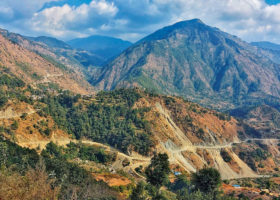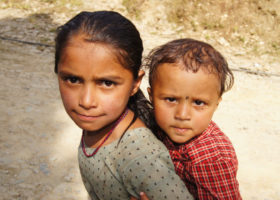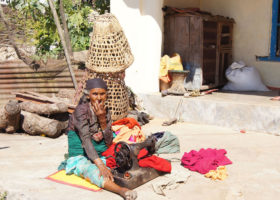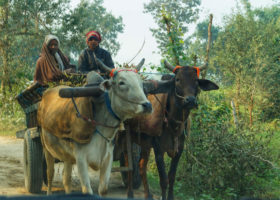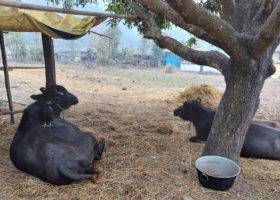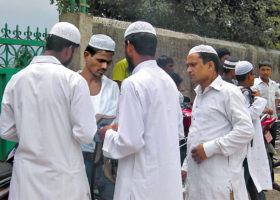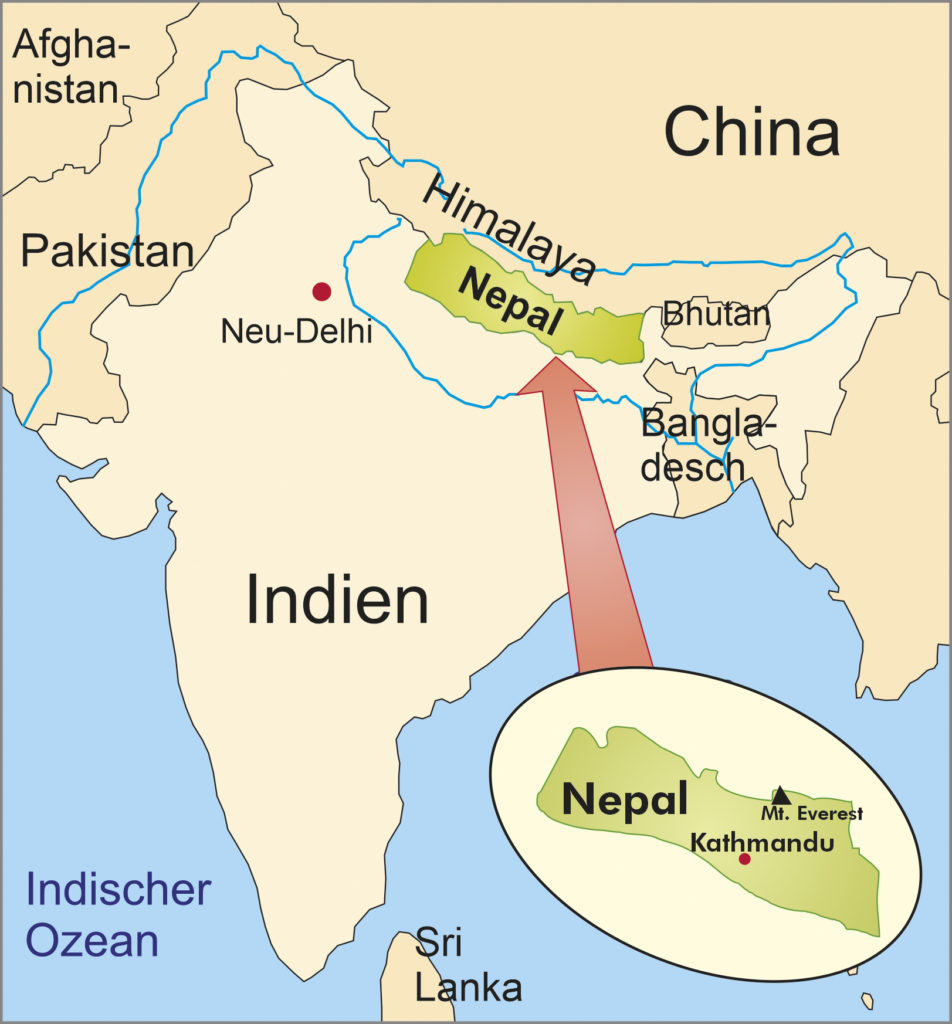
Background: Nepal, the country of the Himalayas
Three quarters of the country are mountain regions and eight of the ten highest mountains on earth are in Nepal, including Mount Everest at 8,848 m. The southern strip of this country, squeezed between the two giants China and India, is fertile flat land. The further north you go, the higher the mountains and the sparser the population. The capital Kathmandu is the only major city in the country, most of the Nepalis live in village settlements. Overall, Nepal is a very poor and underdeveloped country.
For decades, Nepal was ruled by the absolute authority of the royal family. The Maoist uprisings from the mid-1990s finally led to the abolition of the monarchy and the introduction of parliamentary democracy. Unfortunately, religious minorities in Nepal have been persecuted by Nepalese Hindu nationalists in recent years. In 2018, an anti-conversion law came into force: since then, changing one’s religion has been a criminal offense. The employees of Call of Hope are constantly harassed and must be very careful in their evangelistic activities.
Mission in Nepal
In 1986 Call of Hope began its pioneering missionary service among the Muslim minority in Nepal. Muslims form the numerically second largest and fastest growing minority in Nepal after the Buddhists. They live in particular in the capital Kathmandu and in the southern parts of the country on the border region with India. This is where the work of Call of Hope is concentrated. Our employees travel on difficult roads to visit the Muslims in their villages and bring them the good news of Jesus Christ. In recent years some of these refugees came to Nepal as part of the expulsion of the Rohingya from Myanmar. Our local staff also reach out to these Rohingya refugees with the word of God and support them with humanitarian aid. Unfortunately, the political conditions and Hindu and Muslim extremists are making our missionary work in Nepal increasingly difficult, as is the case in neighboring India.
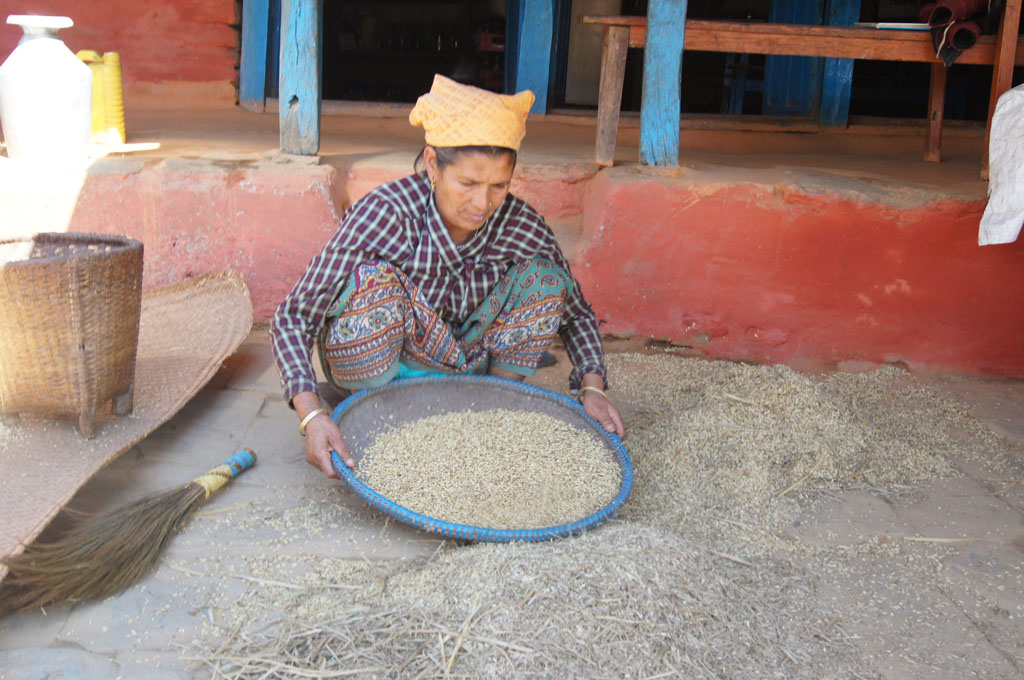
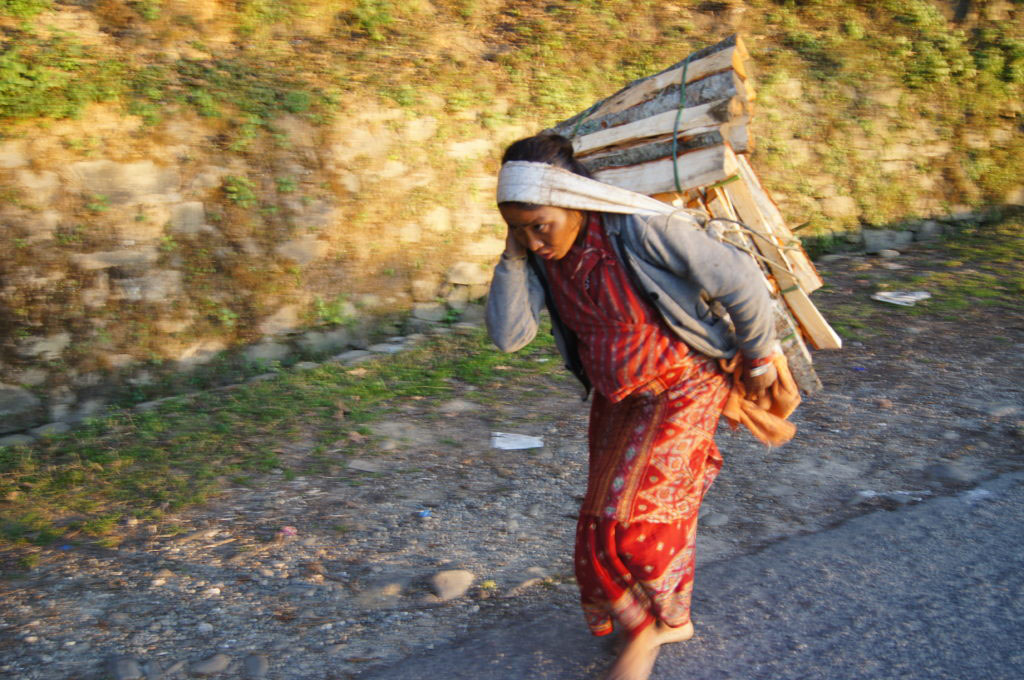
The work of Call of Hope in Nepal
Personal evangelism and literature distribution
Literature correspondence courses
Refugee aid for Rohingya refugees
Disaster relief, e.g. after floods and earthquakes
Care of orphans
Sewing school
Radio and Internet evangelism
Worship services and seminars to encourage and care for former Muslims

